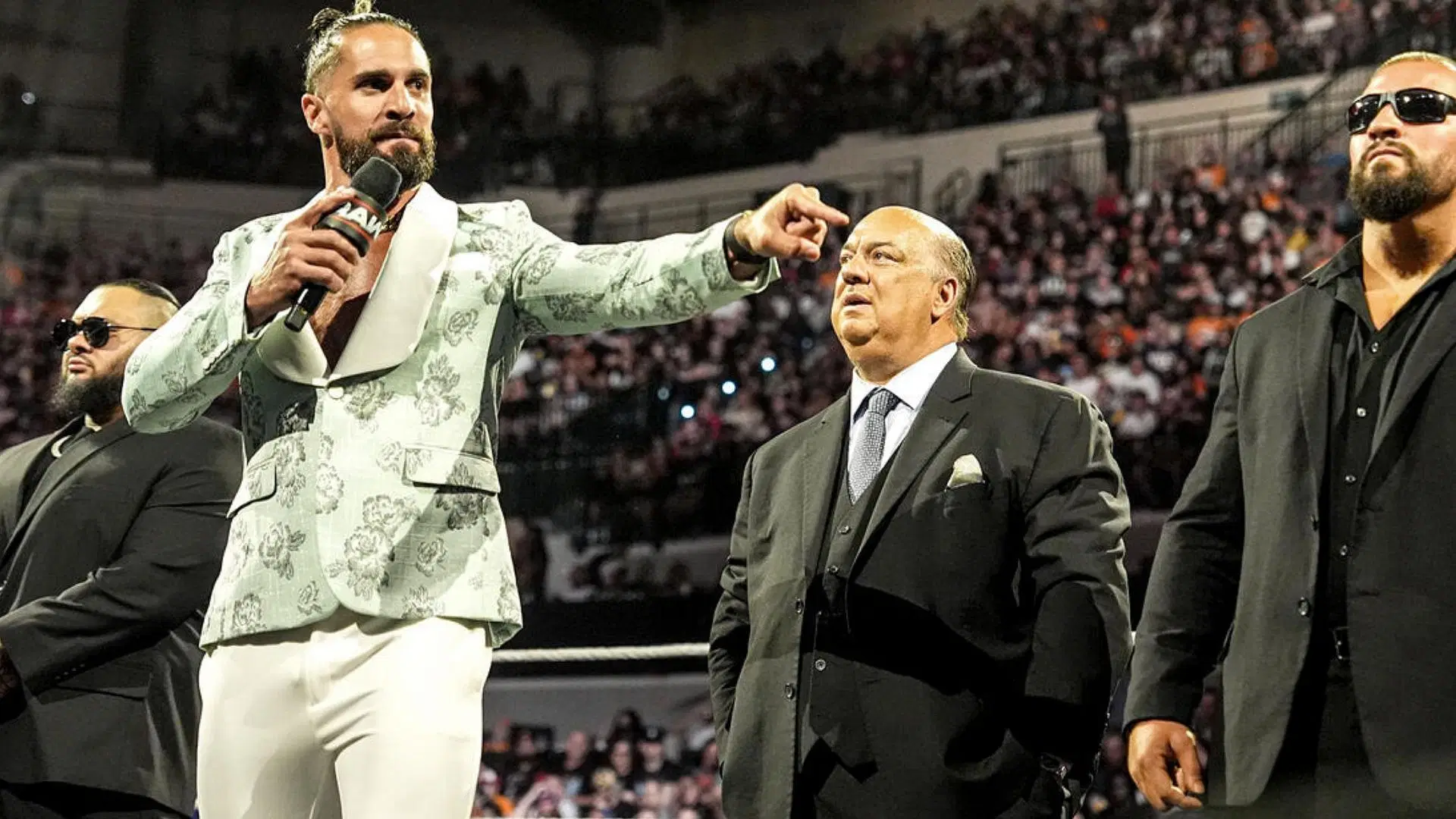Joe Harrison is a Researcher at the think tank Bright Blue.
The Conservative Party’s long-term crisis has taken an existential turn. After recently sinking to a pitiful fourth place in YouGov’s polling – 13 points behind Reform UK – the Tories have been left asking how, if ever, their party might drag itself back into government.
Yet despite the seemingly unprecedented nature of the Conservatives’ present plight, across the Channel another washed-up centre-right party is facing a similar quandary. Fortunately enough, recent events also mean that it’s about to become a useful test case for European conservatives plotting a route back to power.
The political guinea pig in question is the Republicans, France’s traditional centre-right party, which as of 18 May has a new leader and presidential hopeful: Bruno Retailleau.
Since winning almost 400 of the French National Assembly’s 577 seats in 2002, the Republicans – formerly known as the Union for a Popular Movement (UMP) – have shrunk in each successive legislative election. Today the party holds just 48 seats and is dwarfed by Marine Le Pen’s populist National Rally, which boasts 123.
However, Retailleau’s comprehensive victory at the Republicans’ leadership election a fortnight ago, in which he secured 74 per cent of the vote, is being heralded as a turning point.
In many ways, the Retailleau hype swirling around France’s conservative media is perfectly understandable. Retailleau is one of the few popular members of France’s centrist coalition government. As interior minister, he also benefits from the same high-profile platform that Nicolas Sarkozy used to propel himself to the presidency in 2007 – the last time that a Republican/UMP candidate was able to do so.
Further, unlike his recent predecessors, Retailleau has a clear political philosophy and policy priorities. Indeed, his election as party leader was billed by Gilles Richard – a prominent historian of the French right – as “a victory of consistency over opportunism.”
However, one major issue is that Retailleau’s brand of conservatism, while consistent, is also distinctly hardline. Unlike certain aspiring challengers for the Tory leadership, there is little danger of Retailleau jumping in bed with the populist right. The Republicans’ new leader was quick to decry his predecessor, Éric Ciotti, for attempting to form an alliance with the National Rally in June 2024, and swore blind that such a pact would never come to pass.
However, in a political landscape where the centre-right needs to win back votes both from the Macronist centre and the populist right, this stance risks alienating an electorate that will be fundamental to the Republicans’ recovery as an independent political force. A vocal critic of same-sex marriage in the 2010s, Retailleau’s social conservatism has recently come to the fore regarding immigration and assimilation.
This is a mainstream concern in France: 63 per cent of the population feels that the nation has welcomed too many immigrants. Even so, Retailleau is clearly towards the extreme end of this debate.
In July 2023, during civil unrest linked to police violence, he earned widespread accusations of racism for suggesting that although rioters of immigrant origin were “officially French,” their actions represented an “ethnic regression” back to their roots. The minister has also echoed Le Pen in advocating for an immigration referendum as the only way to get around EU constraints and constitutional limitations – a highly polarising approach that would do untold damage to France’s social fabric.
Unsurprisingly, Retailleau’s hardline conservatism makes him popular with National Rally voters, two-thirds of whom think he would make a good president. However, this is the direction from which it will be hardest for the Republicans to claw back votes. Current polling suggests that if a presidential election were held tomorrow, Retailleau would gain just seven per cent of Le Pen’s first-round voters from 2022.
Further, this projection is consistent regardless of whether the National Rally fields Le Pen or 29-year-old party president Jordan Bardella, the populists’ ‘plan B’ should Le Pen’s fraud conviction make her ineligible in 2027.
The Macronist centre represents, in theory, a much easier target. Yet despite the fact that 63 per cent of Macron’s support in 2022 came from right-wing voters, Retailleau is by no means the favourite to fill the leadership vacuum left by the outgoing president. According to current polling, just 26 per cent of Macron’s 2022 voters would back Retailleau for the presidency compared to 62 per cent for Édouard Philippe, a more moderate conservative who served as Macron’s Prime Minister from 2017 until 2020.
This shortfall reflects the reality that much of France’s centre-right diaspora – now scattered across a mass of centrist parties – simply does not identify with the hardline social conservatism at the heart of Retailleau’s campaigning.
His current rhetoric demonstrably works well within the rump Republican membership. However, for others on the centre-right, it represents the very thing that drove them to abandon Sarkozy’s UMP in 2012 and then roll the dice on a liberal option such as Macron in 2017.
A key decision in the months ahead will therefore be whether Retailleau sticks to his socially conservative guns or opts for more favourable terrain, prioritising policy areas where the centre-right diaspora can still be united and where the populist right is still weak.
One clear option would be to focus much more heavily on economic policy. Whatever their misgivings, the distinction between Macron supporters and the Republicans all but disappears when it comes to economic liberalism. A recent Sciences Po study found that 76 per cent of Macronists and 75 per cent of Republicans from the 2024 legislative elections held economically liberal views.
Likewise, despite attempting to disguise itself with a more pro-business veneer in recent years, jarring contradictions plague the National Rally’s economic policy programme. Its claims of fiscal responsibility, for instance, are undermined by symbolic opposition to essential cost-cutting measures such as pension reform. Similarly, its promise to nationalise France’s motorways sits awkwardly with its pledge to privatise the country’s public broadcasters.
Whichever strategy Retailleau adopts, the fortunes of the Republicans will be essential viewing for centre-right parties across Europe – not least in the UK – almost all of which are facing this same existential trilemma: regaining the respect of alienated centrists, demonstrating loyalty to traditional conservatives and maintaining independence from insurgent populists.
It’s too early to tell whether Retailleau will be able to solve this conundrum, but with local elections looming in March 2026, we shouldn’t have to wait too long for a few lessons in what works and what doesn’t.

































